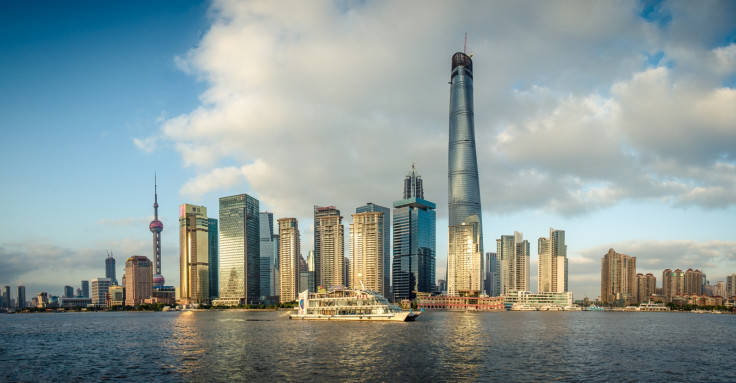Record high sea levels threaten China's coasts
Sea levels are rising at China's coasts by more than 3mm a year.
China's State Oceanic Administration announced that sea levels in 2016 were 38millimetres higher than they were in 2015 and 82mm higher than the long-term average between 1993 and 2001.
The agency said that the rises were due to climate change and the El Niño and La Niña effects.
"Against the background of global climate change, China's coastal air and sea temperatures have soared, coastal air pressure has fallen and sea levels have also soared," it said in a statement.
The rising sea levels are caused by climate change in two ways. First, warming sea surface temperatures make the water expand, so it takes up more volume. Second, warmer global temperatures are making glaciers melt and sea ice melt at an increasing rate.
Sea levels at the coasts are rising by between 3.2-3.6mm a year, Nasa data show.
"A few millimetres rise may seem small, but if you think about how big the ocean is, the changes make a huge difference when sea water hits the ground," oceanographer Huang Gang of the Chinese Academy of Sciences' Institute of Atmospheric Physics told the South China Morning Post.
"The adverse impacts could come earlier if sea levels rise faster."
China is a signatory of the Paris Agreement, which aims to limit global carbon emissions to 1.5<sup>C this century. In recent years the country has made significant commitments to cut its emissions and shift its energy reliance to cleaner sources.
The State Oceanic Administration said that vulnerable areas of the cost needed to take measures to protect cities from the rising sea levels, such as improving drainage and building dykes and dams. However, academics warn that the actions will have to be taken quickly to prevent damage at Chinese coastal cities.
"Past global efforts to cut greenhouse emissions have not been too successful," earth scientist Liu Zhonghui of the University of Hong Kong said. "The rising trend in sea levels, as an immediate effect of global warming, is likely to continue in the foreseeable future."
Earth scientist Liu Zhonghui of the University of Hong Kong added: "Infrastructure, traffic systems, food supply and the safety of residents will all be at risk in marine-related disasters if the government does not take the lead in this matter."

© Copyright IBTimes 2025. All rights reserved.






















